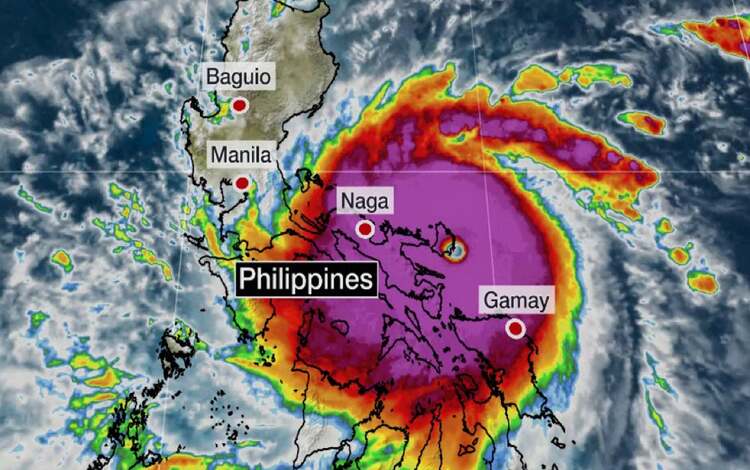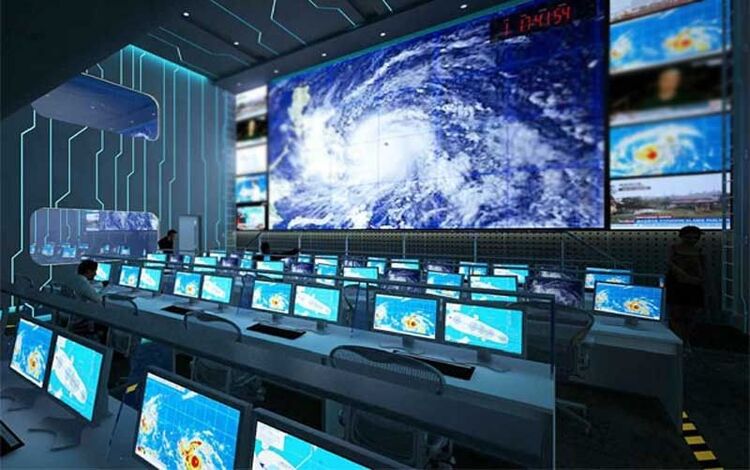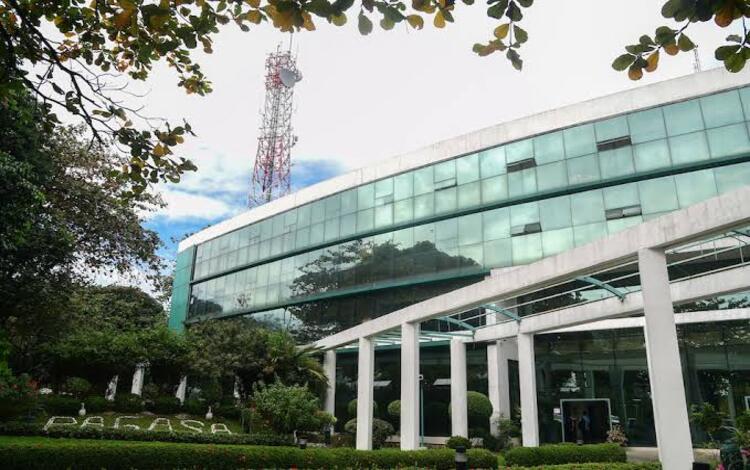The Philippine Atmospheric Geophysical and Astronomical Services Administration (PAGASA) has officially released the list of names assigned to tropical cyclones expected to enter the Philippine Area of Responsibility (PAR) in 2024. This roster, comprising 24 names, will be used on a rotational basis, repeating every four years, with exceptions for cyclones causing severe impact and substantial damage to the country.

The names announced by PAGASA for 2024 are as follows: Butchoy, Carina, Dindo, Enteng, Ferdie, Gener, Helen, Igme, Julian, Kristine, Leon, Marce, Nika, Ofel, Pepito, Querubin, Romina, Siony, Tonyo, Upang, Vicky, Warren, Yoyong, and Zosimo.
The naming of tropical cyclones serves practical purposes, enhancing communication and public awareness during weather-related events. By assigning names, meteorologists can easily convey information to the public, fostering a better understanding of the cyclone’s impact and facilitating preparedness measures.
The naming convention established by PAGASA follows a strict protocol, utilizing an alphabetical list of names. The list includes both male and female names, alternated systematically. Reusing the same set of names every four years aids in simplifying communication and minimizing confusion among the public.

However, not all names make it back into the rotation. If a tropical cyclone proves to be particularly devastating, causing substantial damage or loss of life, its name may be retired to honor the victims and prevent any potential confusion or negative connotations associated with its recurrence.
While the Philippines is no stranger to the destructive power of tropical cyclones, the importance of preparedness and early warning cannot be overstated. PAGASA, along with other relevant agencies, plays a crucial role in monitoring and forecasting these weather events, providing vital information to communities at risk.

As we face the uncertainties of climate change, having a standardized naming system for tropical cyclones becomes increasingly essential. The naming convention employed by PAGASA exemplifies a commitment to public safety, ensuring that citizens are well-informed and can take appropriate actions to mitigate the impact of these natural disasters.
